Nitrogen Response and Soil Microbial Activity in Potato Cropping Systems As Affected by Fumigation
Study author(s): Carl Rosen, University of Minnesota, Department of Soil, Water, and Climate
Years active: 2016 – 2017
Location(s): Becker, MN
Important: for the complete report, including all tables and figures, please download using the links to the right.
summary
Fumigation increased tuber yield and size relative to the non-fumigated control plots. While tuber yield and size increased with increasing N rate, fumigation lowered the N requirement for bulking. Fumigation with Vapam improved plant stand relative to the non-fumigated control, while fumigation with Chloropicrin did not, raising the possibility, that Vapam is more effective at controlling some pathogen that reduces stand. The two fumigated treatments had slightly higher leaflet
chlorophyll contents than the non-fumigated control, as well as higher petiole NO3-N concentrations early in the season and higher N uptake into both vines and tubers, indicating that fumigation improves the ability of plants to acquire N from the soil. Fumigation had no clear effect on tuber sugar content, though it slightly improved the color of French fries made from the bud end of the tuber. Overall, fumigation treatment appeared to affect soil N cycling processes and overall microbial activity negatively, but plants in fumigated plots had higher tuber yields, larger tubers, and greater ability to take up N than those in non-fumigated plots.
